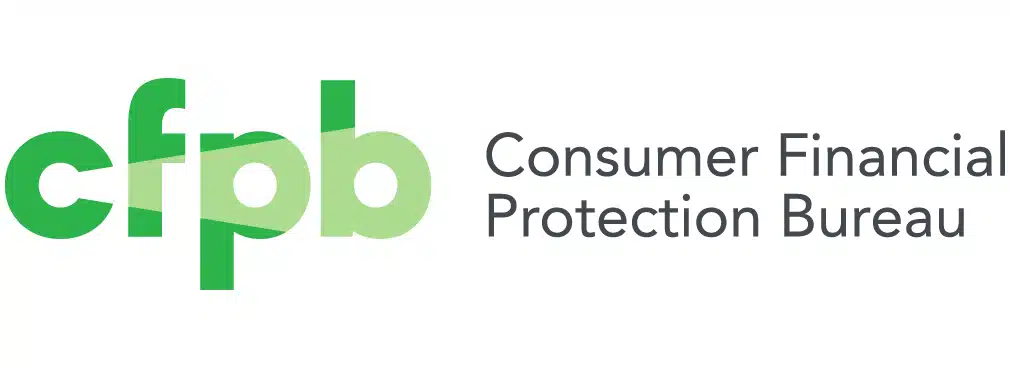Block Inc. reached an agreement with the Consumer Financial Protection Bureau early Thursday under which it will pay up to $175 million in restitution for what the CFPB claims were sloppy and misleading fraud-prevention practices used by Block’s Cash App.
Under the terms of the agreement, Cash App has agreed to pay a minimum of $75 million and up to $120 million to Cash App users who suffered fraud and another $55 million to the CFPB’s victim’s relief fund.
The CFPB alleges that while Block is required by law to investigate and resolve disputes about unauthorized transactions, the company’s investigations “were woefully incomplete.” Block instructed Cash App users who had suffered financial losses as a result of fraud “to ask their bank to attempt to reverse transactions, which Block would subsequently deny,” according to the CFPB.

The CFPB also charges that Cash App’s fraud-prevention strategy exposed the company to criminals who placed phony Cash App customer-service links on the Internet. When a consumer clicked on the link, he or she was connected to a criminal posing as a Cash App customer-service representative who gathered the consumer’s passwords and other personal information.
“Cash App created the conditions for fraud to proliferate on its popular payment platform,” CFPB Director Rohit Chopra says in a statement. “When things went wrong, Cash App flouted its responsibilities and even burdened local banks with problems that the company caused.”
In a statement on its Web site, Block says the agreement with the CFPB addresses a “previously disclosed matter” regarding aspects of Cash App’s customer service-program.
“We always value constructive collaboration with regulators to address concerns and develop solutions that benefit our customers,” Block says in the statement. “While we strongly disagree with the CFPB’s mischaracterizations, we made the decision to settle this matter in the interest of putting it behind us and focusing on what’s best for our customers and our business.”

Block added that “over the past several years, we’ve made significant investments in customer support and resolving concerns more efficiently, in addition to combating scams.”
In November, Block reported Cash App processed 57 million monthly transactions during the company’s third quarter, up from 55 million a year earlier. Block also reported at the time that Cash App’s 24 million active Cash App cardholders represented 43% of all Cash App cardholders, up from 22 million active cardholders representing 40% of the cardholder base for the same period a year earlier.
The CFPB is also ordering Block to fix Cash App’s customer service and its processes for investigating disputed transactions, in part by setting up 24-hour, live-person customer service. The order requires Block to fully investigate unauthorized transactions and to provide timely refunds when appropriate.
On Wednesday, state regulators separately ordered Block to pay $80 million for alleged violations of the Bank Secrecy Act and anti-money laundering laws, the CFPB noted.
While Block agreed to the pay the CFPB’s fines, some industry observers view the regulator’s actions as an outgrowth of its lawsuit last year against Zelle, the P2P network operated by Early Warning Systems Inc.
“[The CFPB’s] fine of Cash App for inadequate fraud prevention is of a piece with its charging BofA, Chase, and Wells Fargo with inadequate fraud prevention for Zelle P2P payments,” Eric Grover, principal of Intrepid Ventures says by email. He notes that anti-fraud measures can only go so far. “It’s worth noting that those principally responsible for P2P payments fraud are criminals perpetrating the fraud,” he says.




